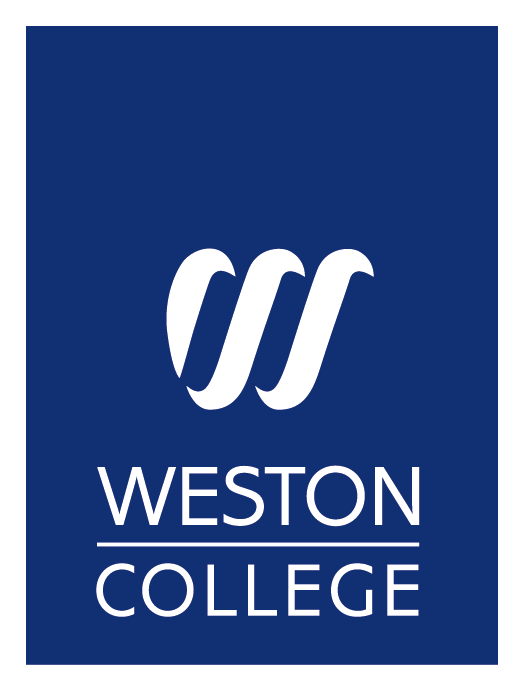
What is a T Level?

T Levels are a new qualification, that offers students aged 16-19 an alternative to A Levels, apprenticeships and BTEC courses.
They offer an equivalent to three A Levels, and focus on vocational skills that help students to progress into skilled employment, university or degree apprenticeships – depending on the route that they would like to take.
A key aspect of T Levels is the industry placement, with learners needing to complete a placement of at least 45 days.
For many employers, T Levels offer them an opportunity to discover their next batch of talented recruits, with a no cost placement presenting employers with the opportunity to get to know learners and understand whether or not they would be a good fit for an apprenticeship, or employment on completion of their course.
Although T Levels are new, we have been offering industry placements to employers over the last few years, and we have seen many successes; from learners gaining full time positions, to employers seeing drastic upturns in work output.
We also launched our first T Level in September 2020, and we are hearing positive feedback from employers, who have been working with our learners.
Luanne, from Friends Together, had help from our T Level learners in developing a website, she commented: “From the get-go the learners were so enthusiastic about the project, and they were able to deliver a website that surpassed all of our expectations, with features I didn’t think would be possible to add. Despite only being 6 months into their course, they took my vision on board and made it a reality.
“The learners are so friendly, and we built up a really good working relationship. It was a pleasure to work with them.”
If your organisation could benefit from having a T Level learner supporting you, then contact the team to find out how we can help: Workplacementteam@weston.ac.uk
You can find out more about T Levels, and industry placements, here: https://www.weston.ac.uk/work-experience
What is the difference between T Levels and A Levels?
The main difference between T Levels and A Levels, is that T Levels focus on vocational skills to help the learner progress into skilled employment, whereas A Levels are traditionally a more academic route. Learners will receive UCAS points via both routes, so that they can go to university if that is their preferred choice after college.
What is the difference between T Levels and BTECs?
T Levels and BTECs are very similar, as they offer training at the same level, however T Levels have a greater focus on industry placements, to allow the learner to hone their skills in a professional working environment.
What grades do learners need to study T Levels?
The T level course is a Level 3, so learners will either have at least five GCSEs at grades 4-9 (including English and maths), or a relevant Level 2 qualification.
Do T Level learners get paid?
As learners are completing an industry placement as part of their course, they do not need to be paid for their 45 days. However, some employers decide to hire the learners on contracts and pay them for their time, as well as offering them more hours.
What can learners do after T Levels?
T Levels prepare learners for all routes, so they can either enter employment, study an apprenticeship, or go to university.
Can adults do T Levels?
T Levels are for learners aged 16-19, and are an equivalent to A Levels, BTECs and Apprenticeships.
What subject areas do you offer T Levels in?
From September 2021 we will be offering T Levels in four different subject areas:
- Construction
- Digital
- Education
- Health
Here are seven questions that we often get asked about T Levels:
What is the difference between T Levels and A Levels?
The main difference between T Levels and A Levels, is that T Levels focus on vocational skills to help the learner progress into skilled employment, whereas A Levels are traditionally a more academic route. Learners will receive UCAS points via both routes, so that they can go to university if that is their preferred choice after college.
What is the difference between T Levels and BTECs?
T Levels and BTECs are very similar, as they offer training at the same level, however T Levels have a greater focus on industry placements, to allow the learner to hone their skills in a professional working environment.
What grades do learners need to study T Levels?
The T level course is a Level 3, so learners will either have at least five GCSEs at grades 4-9 (including English and maths), or a relevant Level 2 qualification.
Do T Level learners get paid?
As learners are completing an industry placement as part of their course, they do not need to be paid for their 45 days. However, some employers decide to hire the learners on contracts and pay them for their time, as well as offering them more hours.
What can learners do after T Levels?
T Levels prepare learners for all routes, so they can either enter employment, study an apprenticeship, or go to university.
Can adults do T Levels?
T Levels are for learners aged 16-19, and are an equivalent to A Levels, BTECs and Apprenticeships.
What subject areas do you offer T Levels in?
From September 2021 we will be offering T Levels in four different subject areas:
- Construction
- Digital
- Education
- Health



